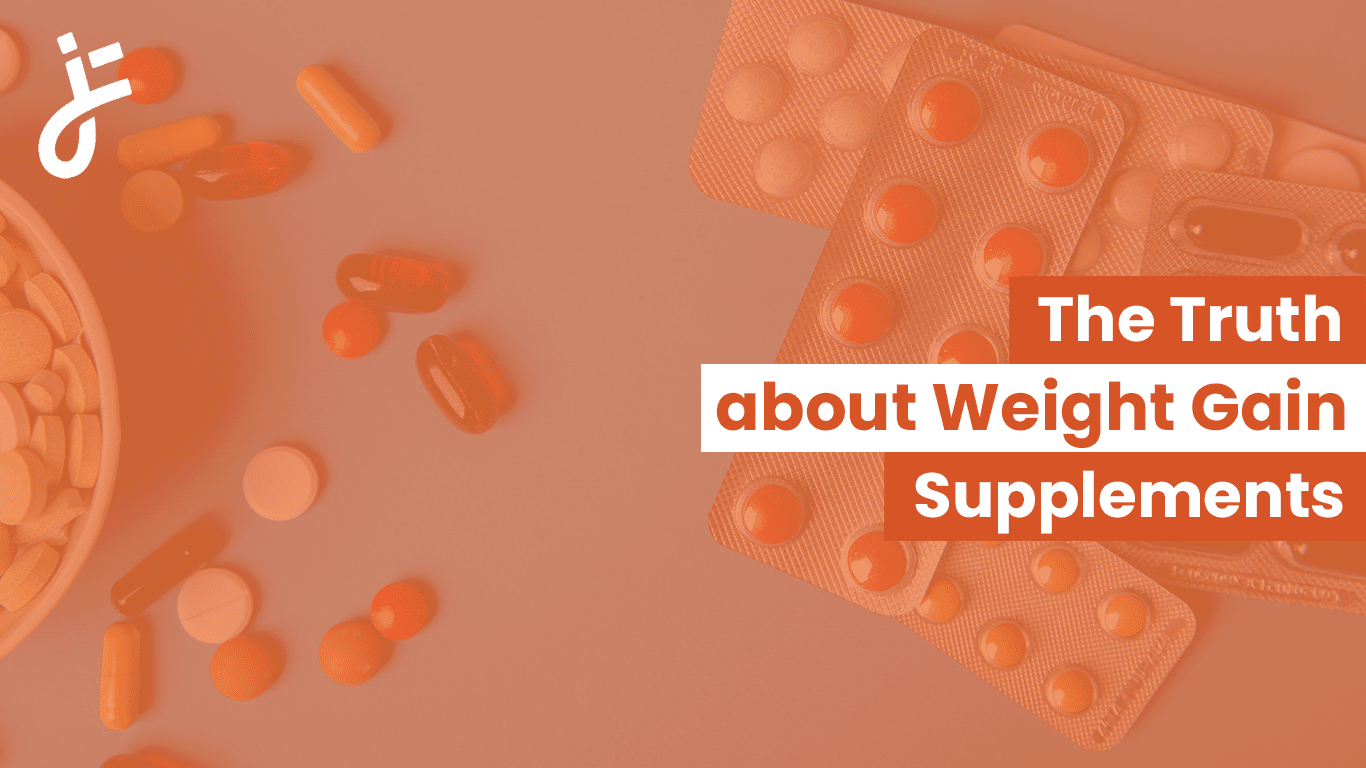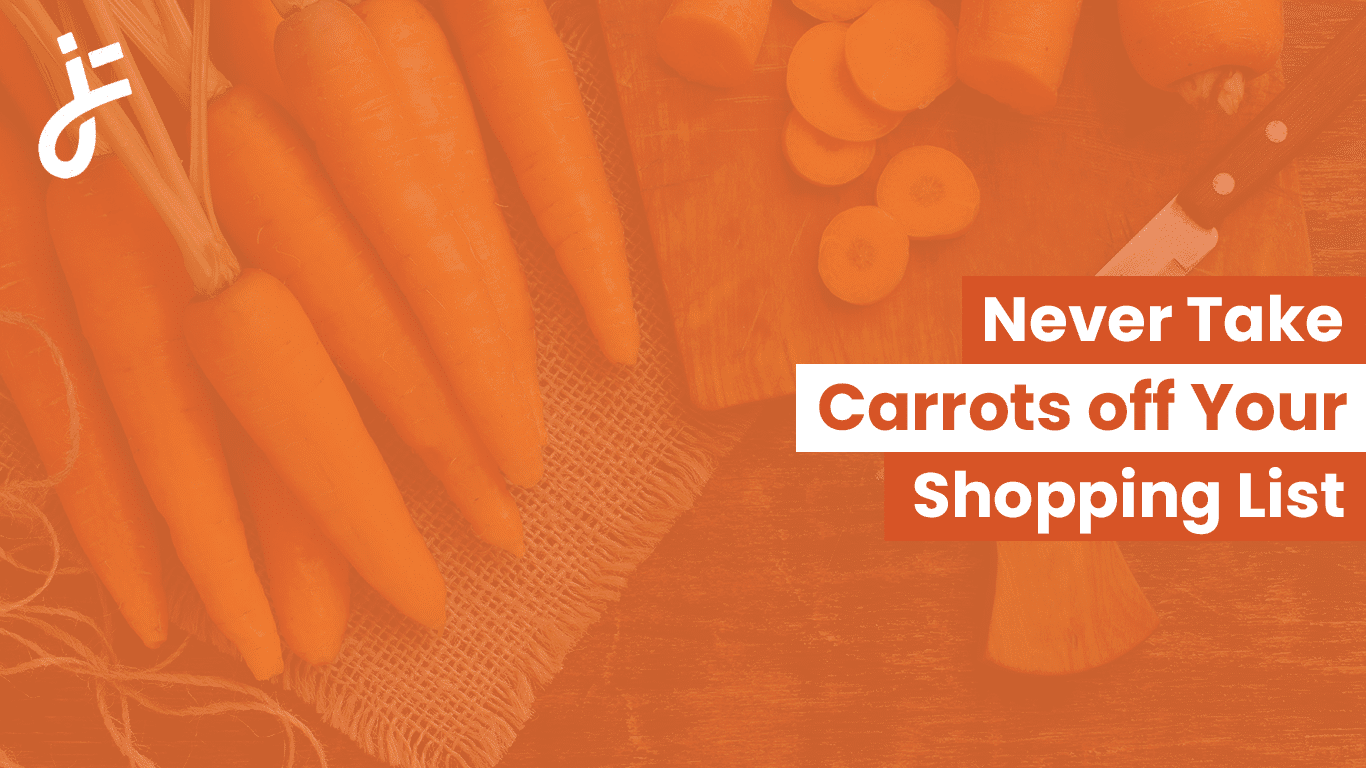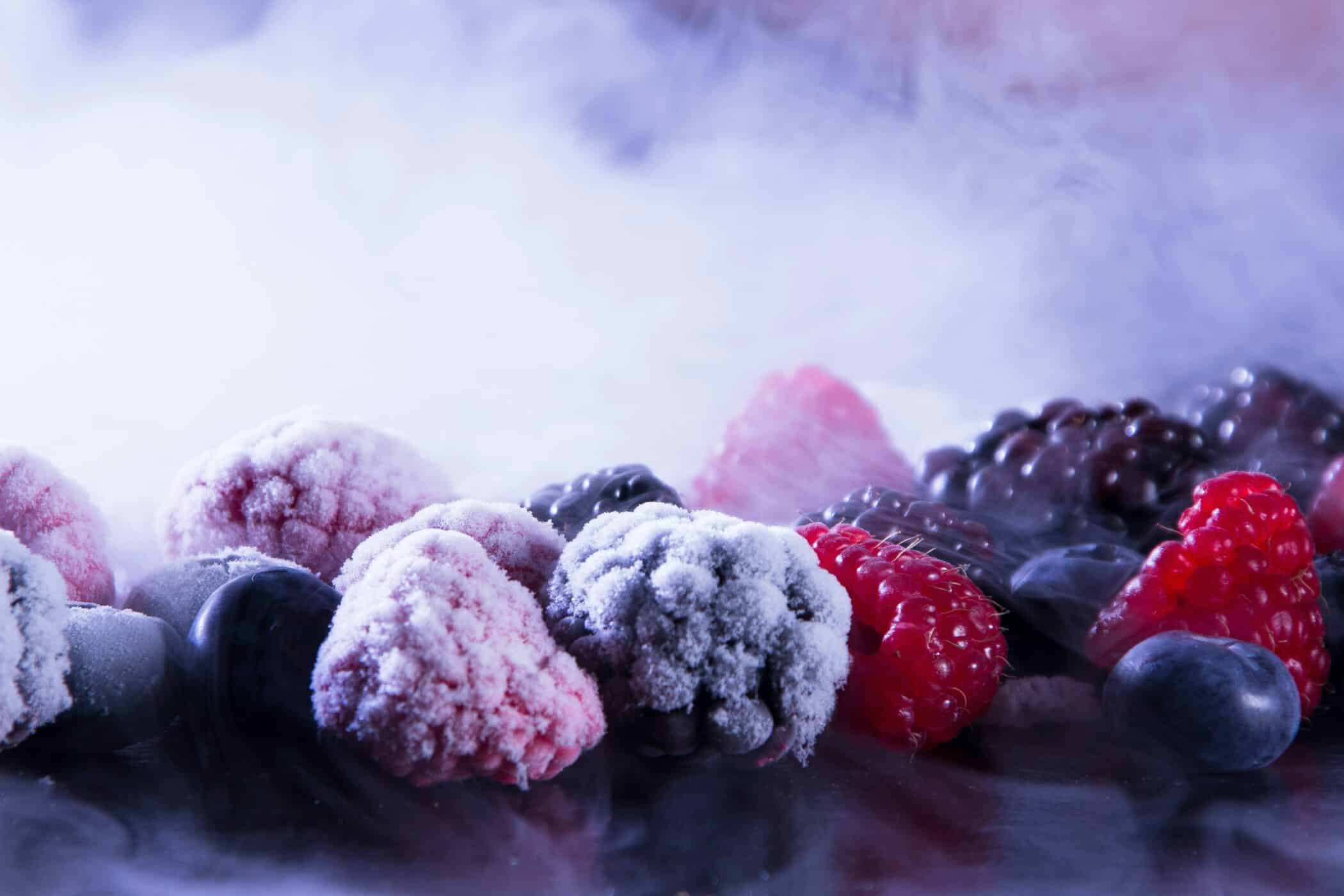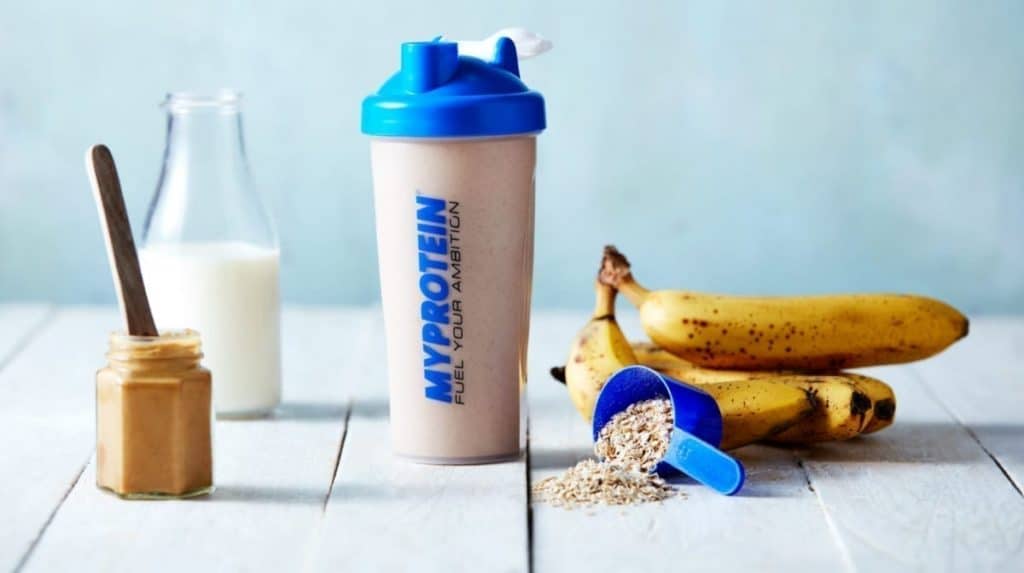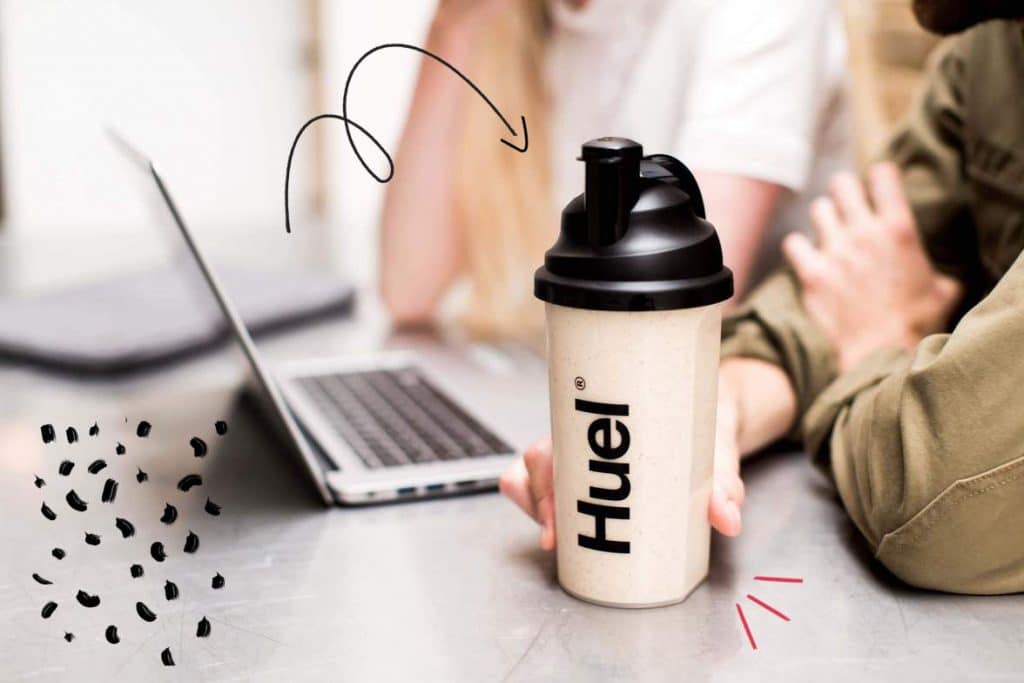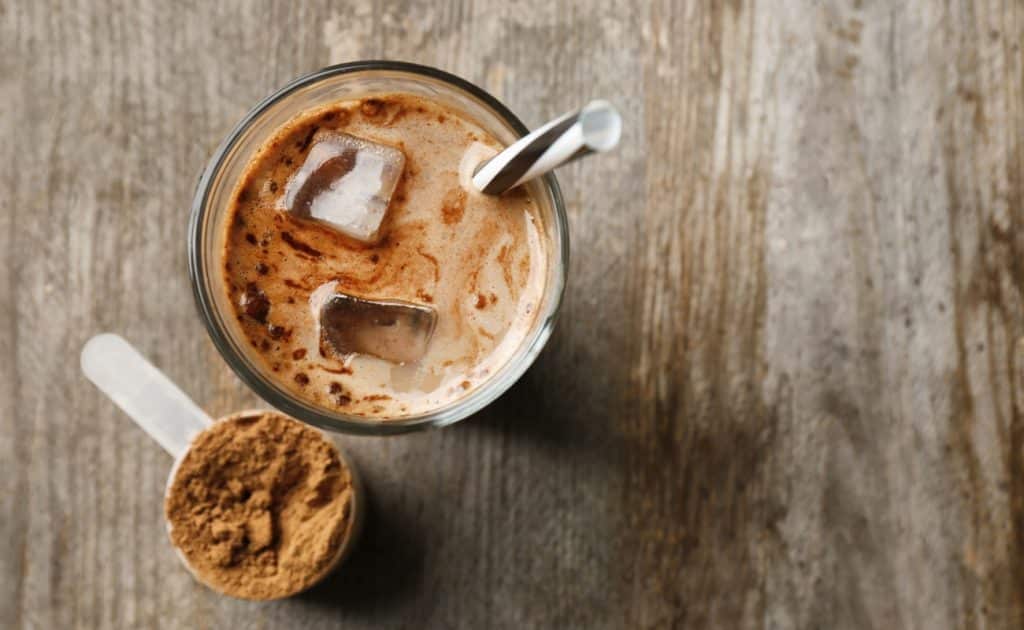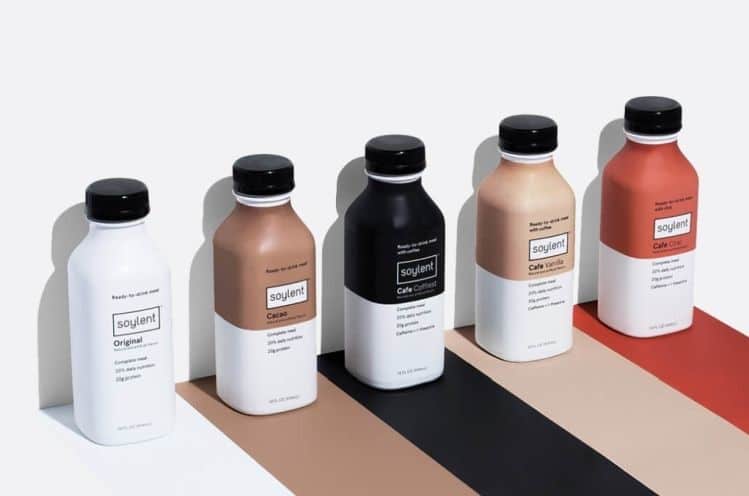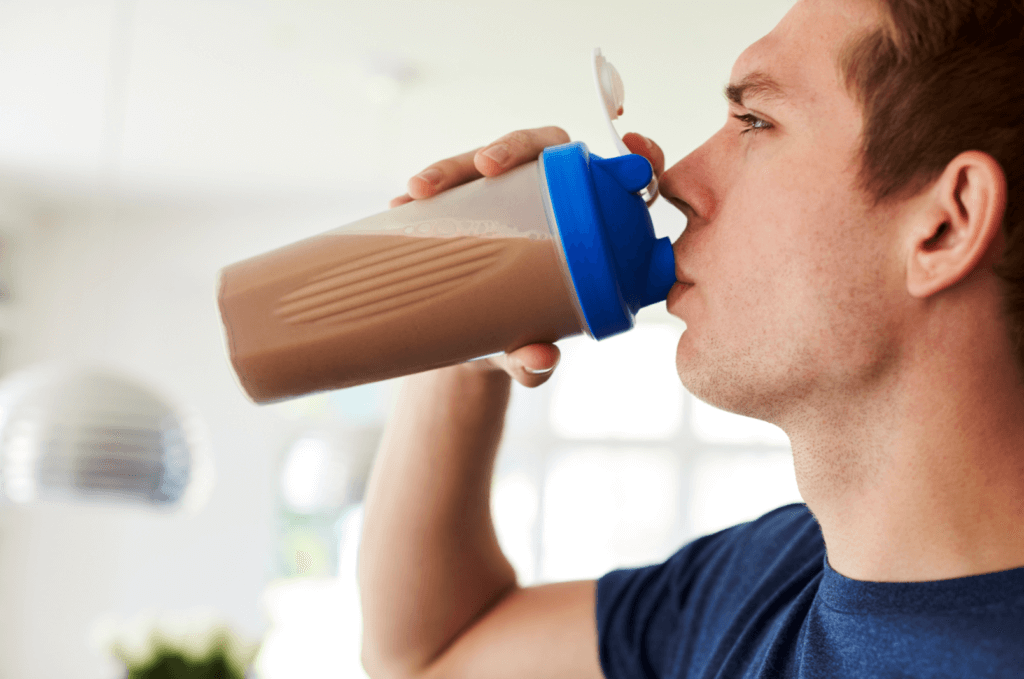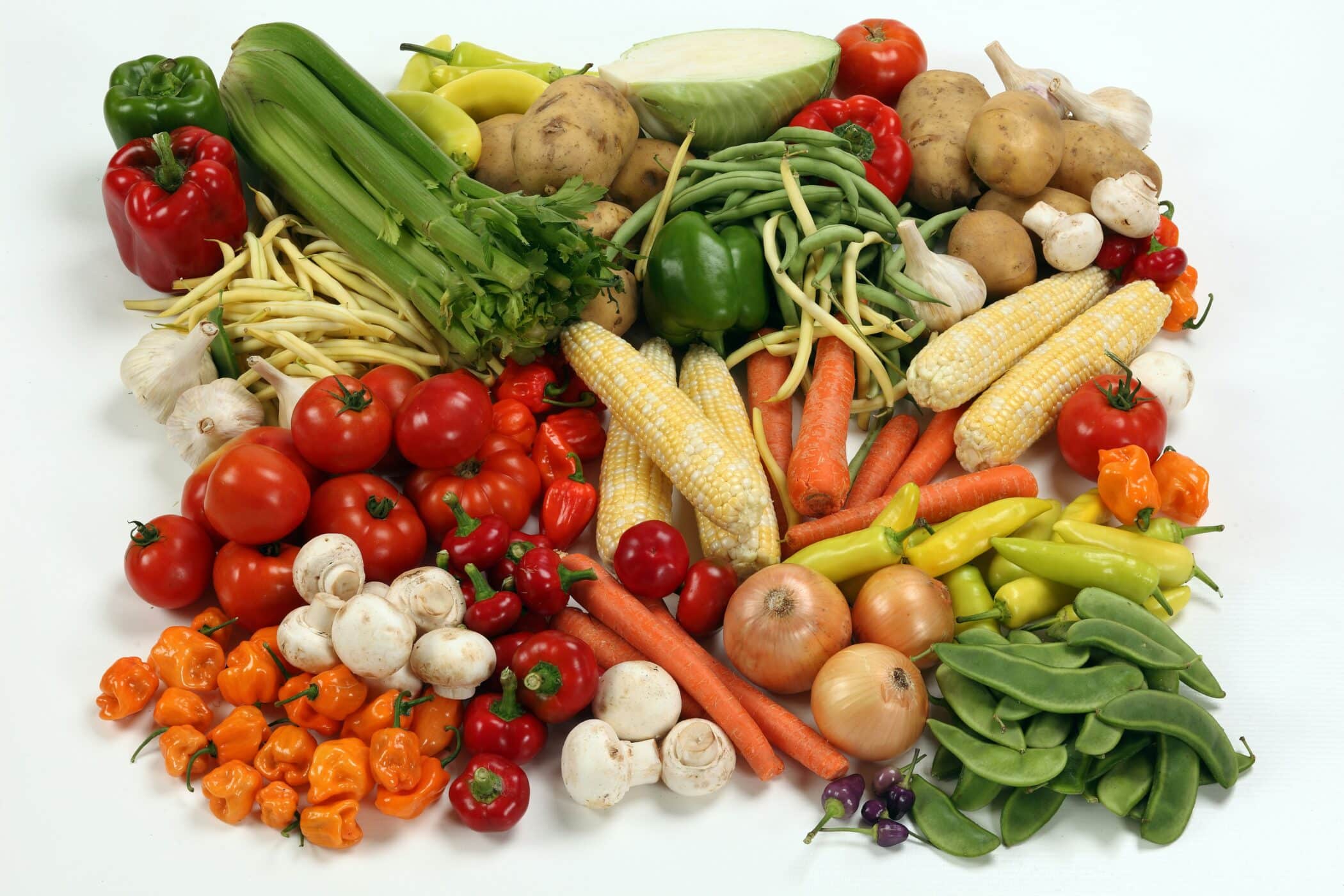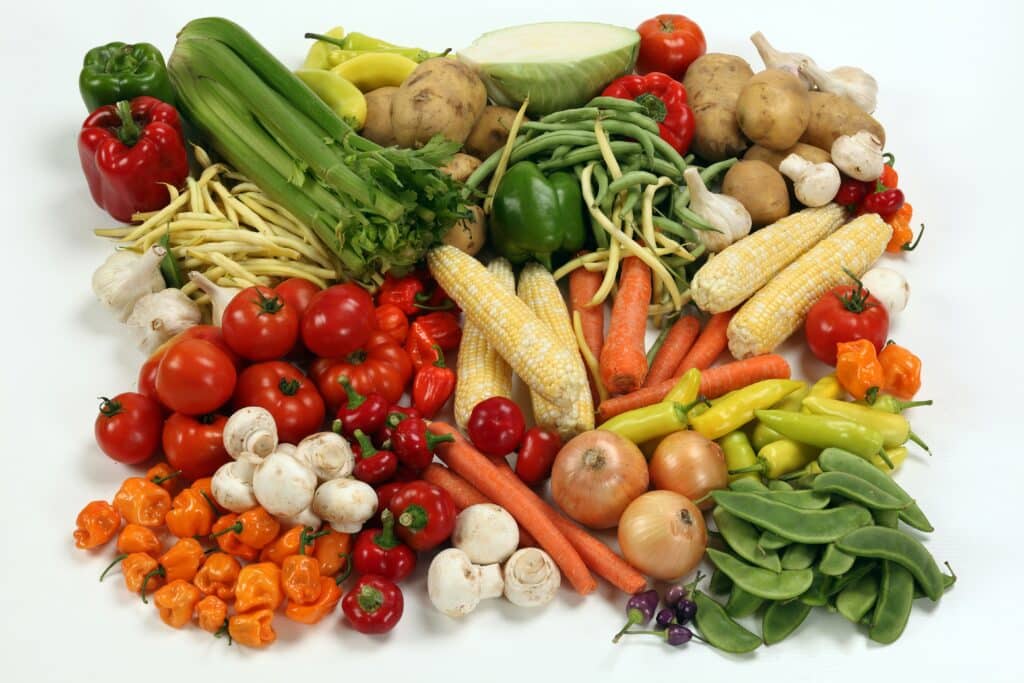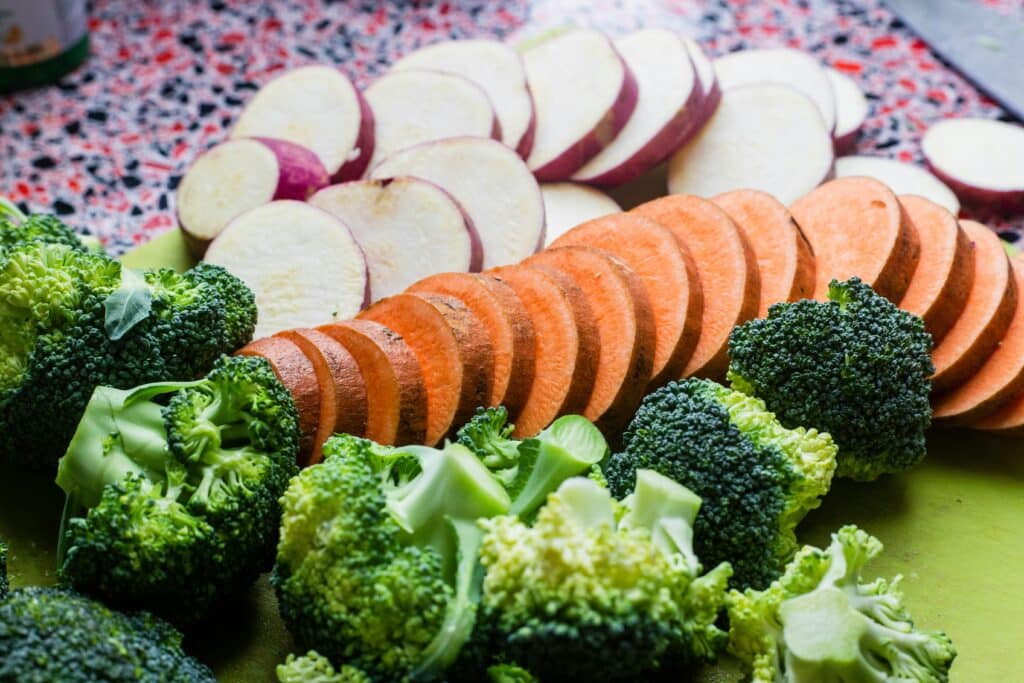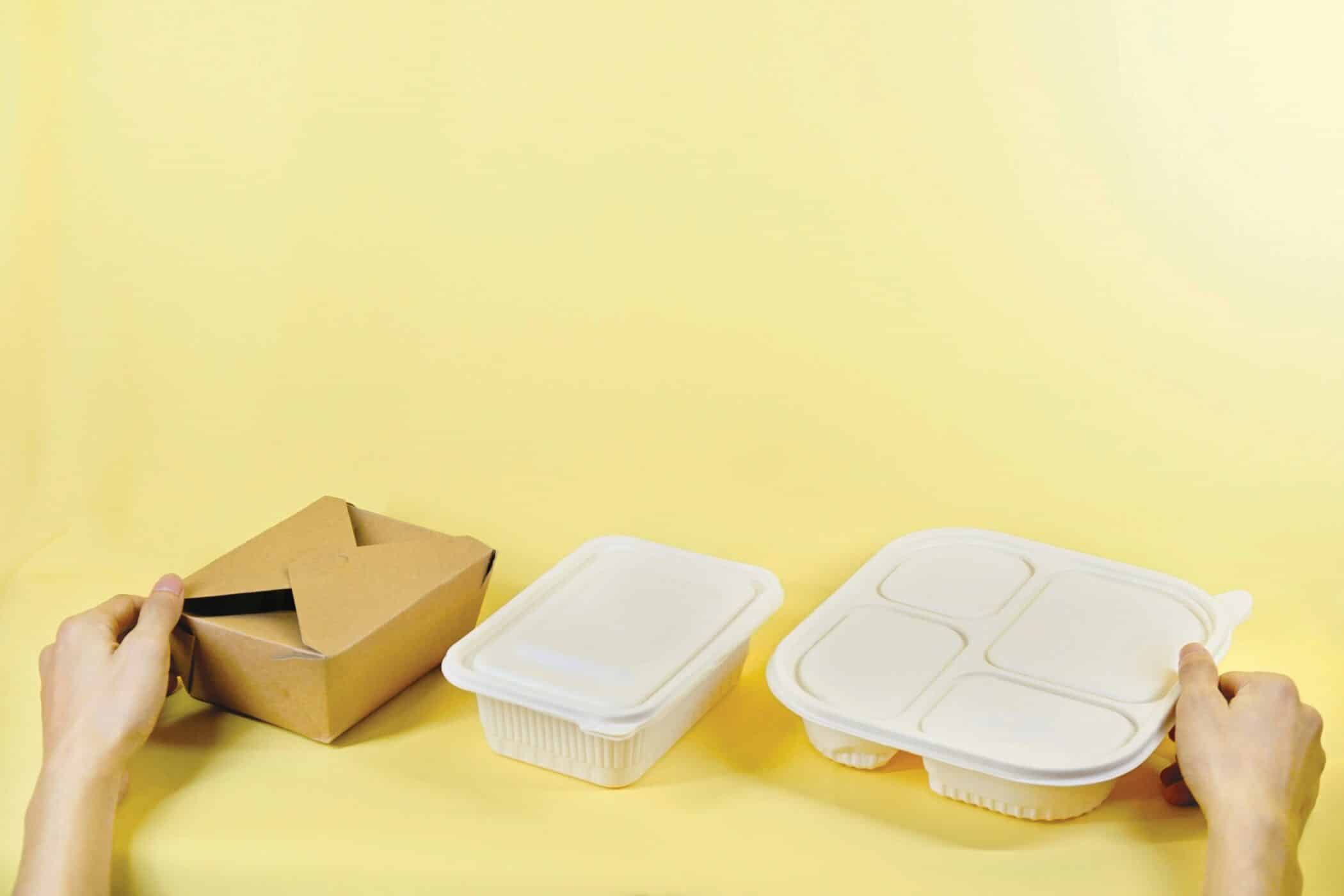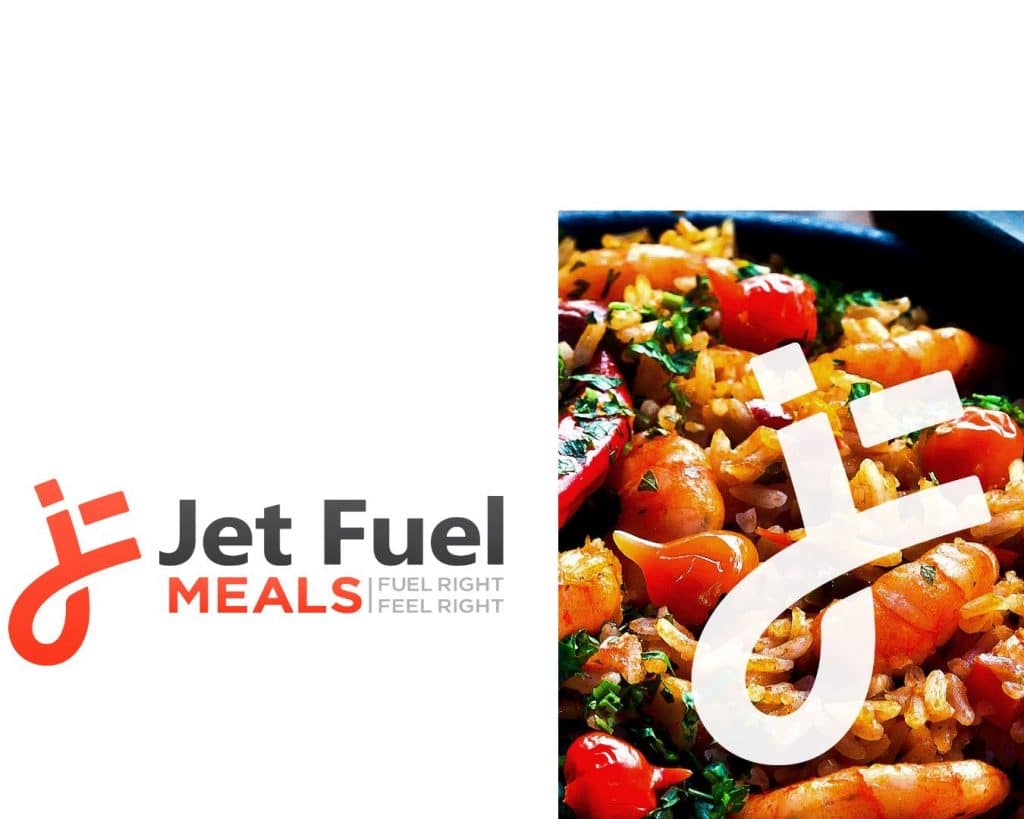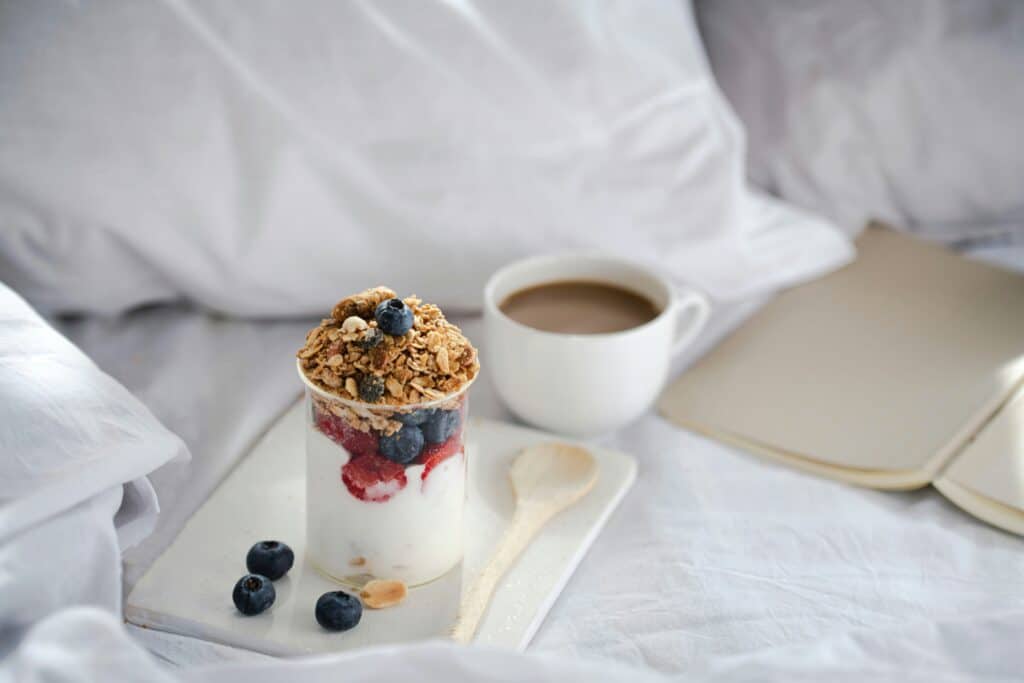Gaining weight is a common goal for many, and weight gain supplements seem like a very tempting shortcut. These products are usually marketed as the perfect solution for those looking to throw on a few pounds.
But do they work? Can they substitute your regular meals? Are they a healthy option for your body and well-being? Find the answers and more in the text below.
What are weight gain supplements?
Weight gain supplements are products designed to help you increase your calorie intake and gain weight. They come in various forms, including powders, shakes, pills, and bars. Weight gain supplements are usually marketed as products as an easy and convenient way to pack on pounds.
There are several types of weight gain supplements that are on the market:
Protein supplements:
Protein is a crucial macronutrient for muscle growth and repair. Powders like whey and casein, are popular choices among those looking to build muscle and gain weight.
Creatine:
Creatine is one of the most researched supplements and is known for its ability to enhance performance during workouts. That makes it a common supplement for those who regularly exercise.
Mass gainers:
Mass gainer supplements are high-calorie shakes that combine carbs, protein, and healthy fats in a single serving. This combination will easily provide 200-400 calories in one serving.
Healthy fats:
Supplements like omega-3 fatty acids and medium-chain triglycerides (MCT) oils can be included to increase calorie intake through healthy fats. These fats can also support overall health.
Amino acids:
Branched-chain amino acids (BCAAs) are the building blocks of protein and are vital for muscle development. If you don’t consume enough protein in your diet, BCAAs can be a good addition.
Do weight gain supplements work?
Yes, weight gain supplements do work. However, their effectiveness will depend on the following:
- activity levels;
- your overall caloric intake;
- their quality;
- individual variation.
You must remember that, as the name applies, they are supplements and should be viewed as such. Weight gain supplements by themselves can’t guarantee a healthy, consistent weight gain. A well-structured diet and regular exercise is what brings in the results.
The main principle of weight gain is consuming more calories than your body burns. For example, if your maintenance calories sum up to 2,000, you should consume around 2,500 calories daily to gain around one pound per week. Supplements can help you reach that number, but they should be part of a balanced diet plan.
Another vital thing to remember is that the choice of supplements matters. High-quality, safe products will more likely provide positive results. Always opt for reputable brands and consult with a healthcare professional if you’re unsure about the safety of a specific supplement.
Finally, keep in mind that what works for one person might not work for another. Weight gain supplements should be tailored to your unique needs and goals.
Healthy eating as the foundation
Healthy eating is the ultimate foundation for sustainable weight gain. Regardless of your weight goals, there are two main categories you must pay special attention to – macronutrients and micronutrients.
Carbohydrates, fat, and protein fall into the macronutrient category. On the other hand, vitamins and minerals are the main components of micronutrients. The key to every healthy diet is striking a balance between these components.
For weight gain, you should prioritize nutrient-dense foods, including:
- lean proteins;
- whole grains;
- nuts and seeds;
- dairy or dairy alternatives.
And when you add to that other healthy options like fruits and vegetables, you get a well-rounded diet that supports weight gain in a balanced way.
Another huge perk of healthy eating habits is that it’s sustainable over the long term, unlike relying solely on supplements. A diet focused on real foods can be maintained as a part of your lifestyle.
With a whole-food-based diet, you can tailor your food choices to your needs and preferences. You can create a personalized meal plan that aligns with your goals while enjoying various delicious and satisfying foods.
Of course, if you don’t have the time to prepare the meals for yourself, you can always resort to a healthy bulking meal delivery service. With carefully chosen ingredients, you’ll have a convenient option for healthy weight gain that you can sustain over time.
Remember that healthy eating doesn’t have to be bland or unsatisfying. A balanced diet can be both delicious and filling. You can have a more enjoyable experience with creativity than a monotonous weight gain supplements routine.
Weight gain supplements as an addition to your diet
Weight gain supplements do work but are not sustainable by themselves. However, using them as an addition to your healthy diet can be an excellent way to fill in the gaps.
First, look into your diet to determine where supplements can be helpful. Are there specific nutrients or macronutrients you struggle to obtain from food alone? Identifying these gaps can guide your supplement choices. For instance, a high-quality protein supplement can be a good option if you find it challenging to meet your daily protein requirements.
Consistency is key for both your diet and supplement regimen. Set up a regular eating schedule and supplement routine to meet your daily calorie and nutrient targets. For example, you can time your supplements around meals to enhance nutrient absorption.
Monitoring is the best way to determine their effectiveness if you decide to add supplements to your meal plan. As we mentioned, results can vary per person, and only with monitoring can you be sure if it actually works.
Adjust your supplement intake as needed based on changes in weight, energy levels, and how you feel overall. Remember that gaining weight should be a gradual and sustainable process, not a rapid transformation.
Final thoughts
Weight gain supplements can be an important part of your weight gain efforts, but they should not overshadow the importance of a healthy, well-balanced diet. The foundation of any effective weight gain strategy is built on nutrient-dense whole foods that provide the calories and the micro and macronutrients your body needs.
Achieving your weight gain goals is about finding a balance that promotes health and progress. To reach that balance, always put healthy nutrition first.

